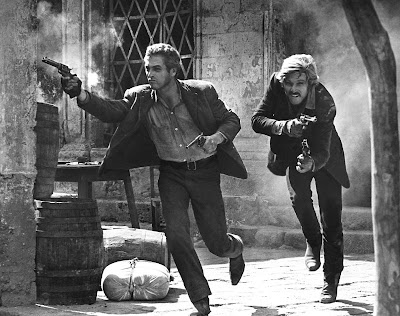George is wondering if the anaemic fellow playing the Tory candidate in The 39 Steps was meant to be him
Sir David has joined the group So The British Aristocracy Has Not Declined And Fallen After All
Tripp has posted a new picture
Bristol commented on Tripp's new picture
Gordon is now friends with Dunkirk
Barack is now friends with Carla, via the People You May Know tool
Butch wants to know "Who are those guys?"
Guido is writing a list
Kevin is no longer friends with Bernard
Stevie G is Offline
Ulrika is feeling shy
Uma is no longer friends with Bernard
Sundance is in Bolivia
Andy is now on Twitter
Jacqui is about to start watching YOU
Kate is now reading The Reader
Sam posted a new picture
Rachel is feeling catty
David became a fan of Running
Santa is considering suing NASA
Baz can hear the sound of money
Pericles, Prince of Tyre is 400
Sarah is now friends with Katie
Big Brother is bored
Jack is getting ready for post-Bush-Doctrine shoot-outs
Roger, Simon & John have joined the group We Hate Paper
Evan wonders how long it will be before Facebook is the New Christian Science Monitor?
JLo is single
Nigella is now friends with Jose
Zavvi is now offline
Emmanuelle is now in Prequel
Eartha and Harold are now offline
Steve says that nobody will read books with E-Readers
Techcrunch has posted a new link: "Netbooks from Apple"
Bill is still a PC
Tim is still Semantic
Dick liked his Darth Vader mask
Arianna and Jon have joined the group What Do We Do Now?
Derek is now Online
Derek is now friends with Peter and Gordon
Tristram is angry about the Library
Tina is now a blogger
2008 is now 2009
Robin is Offline








